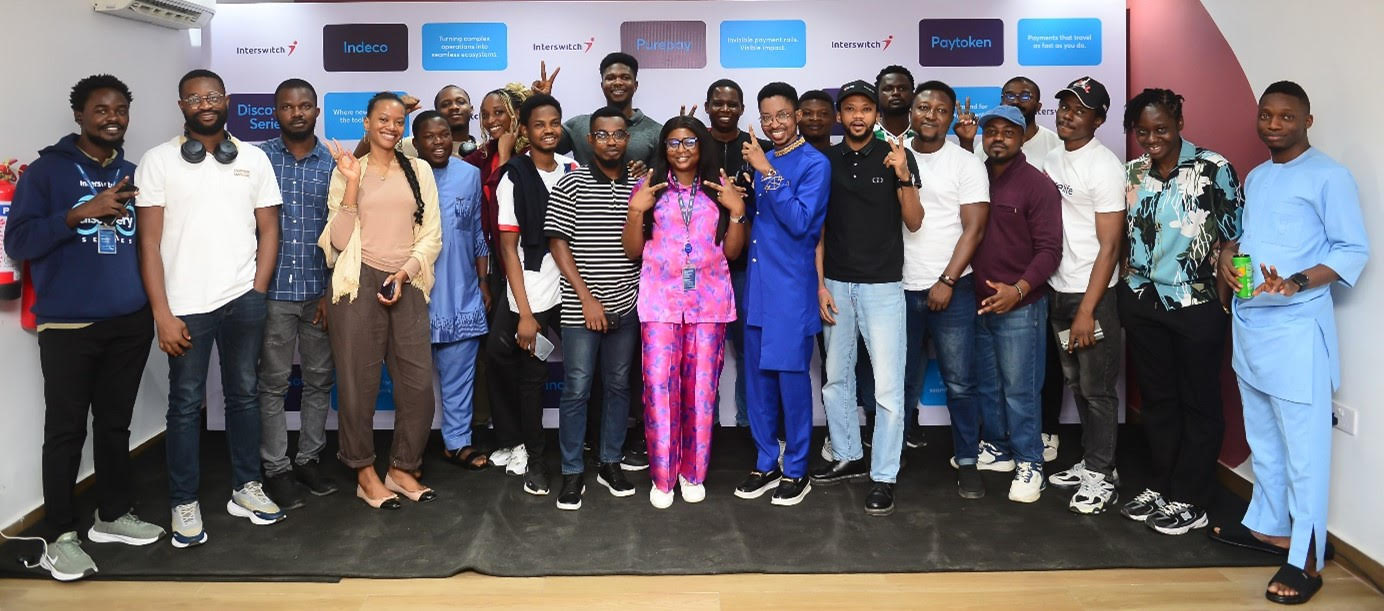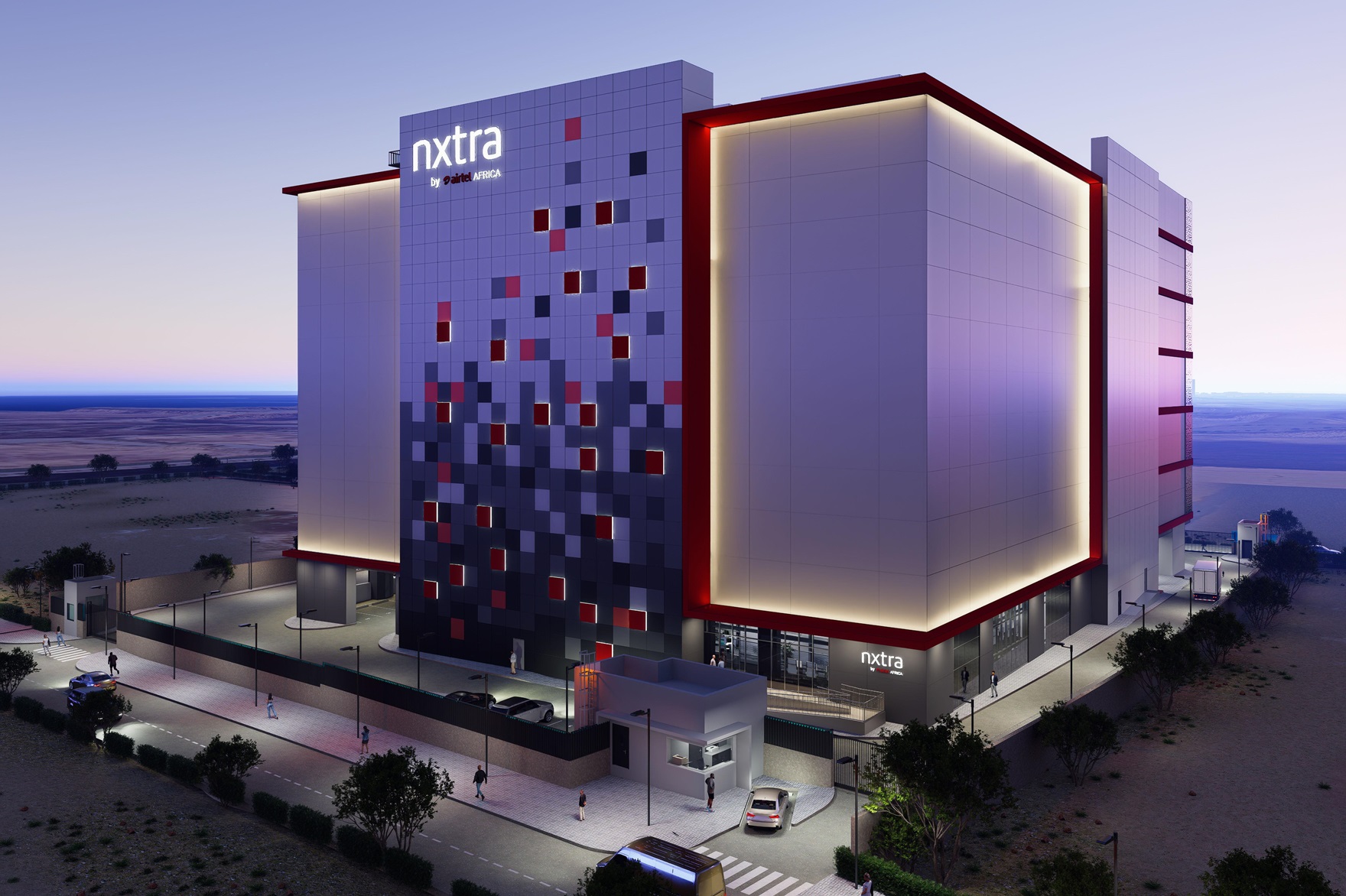Technology
Experts, Regulators Warn on Rise of AI Voice Cloning Scam

By Adedapo Adesanya
Experts and regulators have warned that Artificial Intelligence (AI) scams using voice cloning are the new frontier for fraudsters targeting consumers.
According to the Southern African Fraud Prevention Service (SAFPS), impersonation attacks increased by 264 per cent for the first five months of the year compared to 2021.
According to iiDENTIFii, a remote biometric digital authentication and automated onboarding technology platform, the format involves receiving a call, email or SMS from the authorities urgently requesting payment.
“The details of the request are clear and professional and include personal information unique to you, so there is no reason to doubt it. This scam is fairly common, and the majority of consumers are on the lookout for it,” it noted.
“Now imagine receiving a call from a loved one and hearing their unmistakable voice on the other end of the line saying that they need money or your account information right away. This may sound like a fraud lifted straight out of science fiction, but – with the exponential development of AI tools – it is a growing reality,” it added in a statement.
Mr Gur Geva, founder and CEO of iiDENTIFii said the threat of voiceprint has become easier since it has become cheaper and more accessible.
“The technology required to impersonate an individual has become cheaper, easier to use and more accessible. This means that it is simpler than ever before for a criminal to assume one aspect of a person’s identity.”
“Historically, voice has been seen as an intimate and infallible part of a person’s identity. For that reason, many businesses and financial institutions used it as a part of their identity verification toolbox,” he explained.
This also raised worry among regulators in the United States; the Federal Trade Commission (FTC) last week issued an alert urging consumers to be vigilant for calls in which scammers sound exactly like their loved ones.
“All a criminal needs is a short audio clip of a family member’s voice – often scraped from social media – and a voice cloning program to stage an attack,” it warned.
iiDENTIFii warned that the potential of this technology is vast. Microsoft, for example, has recently piloted an AI tool that, with a short sample of a person’s voice, can generate audio in a wide range of different languages.
“While this has not been released for public use, it does illustrate how voice can be manipulated as a medium.”
Audio recognition technology has been an attractive security solution for financial services companies across the globe, with voice-based accounting enabling customers to deliver account instructions via voice command.
Voice biometrics offers real-time authentication, which replaces the need for security questions or even PINs, with companies like Barclays and Visa adopting voice-based authentication platforms for e-commerce.
“As voice-cloning becomes a viable threat, financial institutions need to be aware of the possibility of widespread fraud in voice-based interfaces. For example, a scammer could clone a consumer’s voice and transact on their behalf,” Mr Geva warned.
The rise of voice-cloning, according to the expert, illustrates the importance of sophisticated and multi-layered biometric authentication processes.
“Our experience, research and global insight at iiDENTIFii has led us to create a remote biometric digital verification technology that can authenticate a person in under 30 seconds, but more importantly, it triangulates the person’s identity, with their verified documentation and their liveness.
“While identity theft is growing in scale and sophistication, the tools we have at our disposal to prevent fraud are intelligent, scalable and up to the challenge,” he concluded.
Technology
Elumelu-backed Redtech Plans $100m Raise as Transactions Double to N30trn

By Adedapo Adesanya
Redtech Limited, a Nigerian financial-technology company backed by Nigerian businessman, Mr Tony Elumelu, is considering to raise about $100 million in the next two years to expand its footprints across Africa.
This comes as it announced processing N30 trillion ($20.6 billion) in total transactions over the 2025 financial year, over 100 per cent more than the N12 trillion achieved in 2024, placing the company among the highest-volume processors in Nigeria.
The milestone was driven by strong growth across its payment platform, RedPay – including POS network, merchant collections, and digital payment channels.
According to the firm’s chief executive, Mr Emmanuel Ojo, the milestone marks a decisive shift from capability building to operating at national scale, reflecting sustained trust in Redtech’s infrastructure under high-volume conditions, alongside consistent adoption across sectors.
“This milestone reflects trust from businesses that rely on us to collect and move money at scale, and from partners who expect reliability every single day. We have built Redtech around durability, strong governance, and regularity alignment, so SMEs, enterprises, and regulated clients can grow on our rails without worrying about downtime or friction. With that foundation in place, we are ready to take this approach into more African markets,” he said.
According to a statement, the firm’s transaction volumes have been driven by a mix of SMEs, enterprise customers, and financial institutions across retail, hospitality, insurance, energy, public-sector-linked services, and banking. This highlights Redtech’s ability to support complex transaction flows, including batch processing, reconciliations, and always-on uptime across different sectors.
Redtech plans to expand beyond Nigeria into 29 African countries by January 2027, building towards an Africa-wide payments capability that can support businesses operating across borders, sectors, and payment types.
The company will then consider the Series A funding round, Mr Ojo told Bloomberg.
The startup has so far deployed more than 30,000 point of sale devices and started a payment gateway which helps businesses move money at scale through secure, reliable, and scalable systems that reduce payment failures, downtime, and reconciliation failures while meeting the compliance needs of enterprises and regulated sectors.
Technology
Innovators Lighten up Interswitch Innovation Product Demo Day

By Modupe Gbadeyanka
From Wednesday, January 28 to Friday, January 30, 2026, several experienced and budding innovators were at the inaugural Innovation Product Demo Day put together by one of Africa’s leading integrated payments and digital commerce companies, Interswitch.
The event was organized as a celebration of ingenuity and a catalyst for collaboration, as well as the company’s renewed commitment to building scalable digital solutions and infrastructure that power Africa’s evolving digital economy.
The programme brought together product managers, software engineers, and developers from across the Interswitch ecosystem, alongside student innovators from select tertiary institutions, to spotlight ideas, experiments, and early-stage solutions shaping the company’s next frontier of growth.
They all converged on the Interswitch Innovation Lab Co-Working Space in Lagos. The firm used the occasion to showcase how innovation is built at Interswitch, through structured experimentation, rapid iteration, and cross-functional collaboration.
Over the course of three days, teams unveiled a wide range of working prototypes, new product features, and emerging concepts, engaging in open dialogue that encouraged idea exchange, integration opportunities, and customer-centric problem solving.
The event also featured student innovators from Landmark University and Redeemer’s University, who presented solutions developed through the Interswitch Discovery Series, an initiative designed to nurture future-ready technical talent and strengthen Africa’s innovation pipeline. The students showcased products built from the skills and insights gained through the programme, underscoring Interswitch’s long-term investment in talent development and ecosystem sustainability.
Each presentation opened the floor for robust discussion, with participants offering feedback, asking critical questions, and sharing perspectives on how solutions could be refined, strengthened, and scaled. This collaborative environment reinforced Interswitch’s approach to innovation as a continuous learning process, grounded in execution, accountability, and real-world impact.
“The Interswitch Product Demo Day is more than a showcase. It’s a space where our teams can test ideas, learn from one another, and see the real-world impact of their work. It strengthens collaboration, builds technical capability, and inspires both our people and the wider tech community to keep shaping the future of technology,” the Chief Innovation Officer, Interswitch, Ms Adaobi Igwe-Okerekeocha, said.
Technology
Airtel Commits to Boosting Nigeria’s Digital Infrastructure

By Modupe Gbadeyanka
A leading telecommunications firm, Airtel Nigeria, has reaffirmed its long-term commitment to strengthening the country’s digital infrastructure and data access to bridge gaps in connectivity and unlock new opportunities in the country.
The company gave this reassurance during a recent inspection tour of its ongoing Nxtra Data Centre at Eko Atlantic, Lagos.
The data centre is being established to deliver hyperscale and edge facilities across key African markets. With a load of 38 Megawatts, the Lagos facility is expected to serve as a major hub for data hosting, cloud services, content distribution, artificial intelligence, and enterprise solutions in West Africa.
“This Nxtra Data Centre in Lagos represents a critical part of our long-term vision for Nigeria’s digital ecosystem. Today’s visit allows us to review progress, engage our stakeholders, and ensure that our infrastructure investments continue to meet global standards and local needs.
“This data centre will deliver critical high multi megawatt capacity in line with hyperscale customers and enable high density environment. We are putting the infra to bring the cloud to Nigeria,” the chief executive of Airtel Africa Plc, Mr Yashnath Issur, said.
Also commenting, the chief executive of Airtel Nigeria, Mr Dinesh Balsingh, said, “Since the announcement of this project, our focus has been on building a world-class facility that supports Africa’s digital transformation agenda.
“We are encouraged by the progress recorded so far and remain committed to delivering a secure, energy-efficient, and future-ready data centre for Nigeria,” reiterating that the data centre is progressing steadily towards the previously announced 2028 go live date.
On his part, the chairman of Eko Atlantic, Mr Gabbi Massoud, disclosed that, “Eko Atlantic as a city with high quality infrastructure will contribute positively to boost the economy of Nigeria and is a perfect place for the development of the digital infrastructure of Nigeria.
“The Nxtra data centre reflects the calibre of projects we seek to attract — long-term, technology-driven investments built to the highest global standards.
“Today’s visit affirms the rigour of the planning and execution process by Nxtra, and the commitment of Eko Atlantic to facilitate and promote the Nigeria’s evolving digital ecosystem.”
-

 Feature/OPED6 years ago
Feature/OPED6 years agoDavos was Different this year
-
Travel/Tourism9 years ago
Lagos Seals Western Lodge Hotel In Ikorodu
-

 Showbiz3 years ago
Showbiz3 years agoEstranged Lover Releases Videos of Empress Njamah Bathing
-

 Banking8 years ago
Banking8 years agoSort Codes of GTBank Branches in Nigeria
-

 Economy3 years ago
Economy3 years agoSubsidy Removal: CNG at N130 Per Litre Cheaper Than Petrol—IPMAN
-

 Banking3 years ago
Banking3 years agoSort Codes of UBA Branches in Nigeria
-

 Banking3 years ago
Banking3 years agoFirst Bank Announces Planned Downtime
-

 Sports3 years ago
Sports3 years agoHighest Paid Nigerian Footballer – How Much Do Nigerian Footballers Earn














